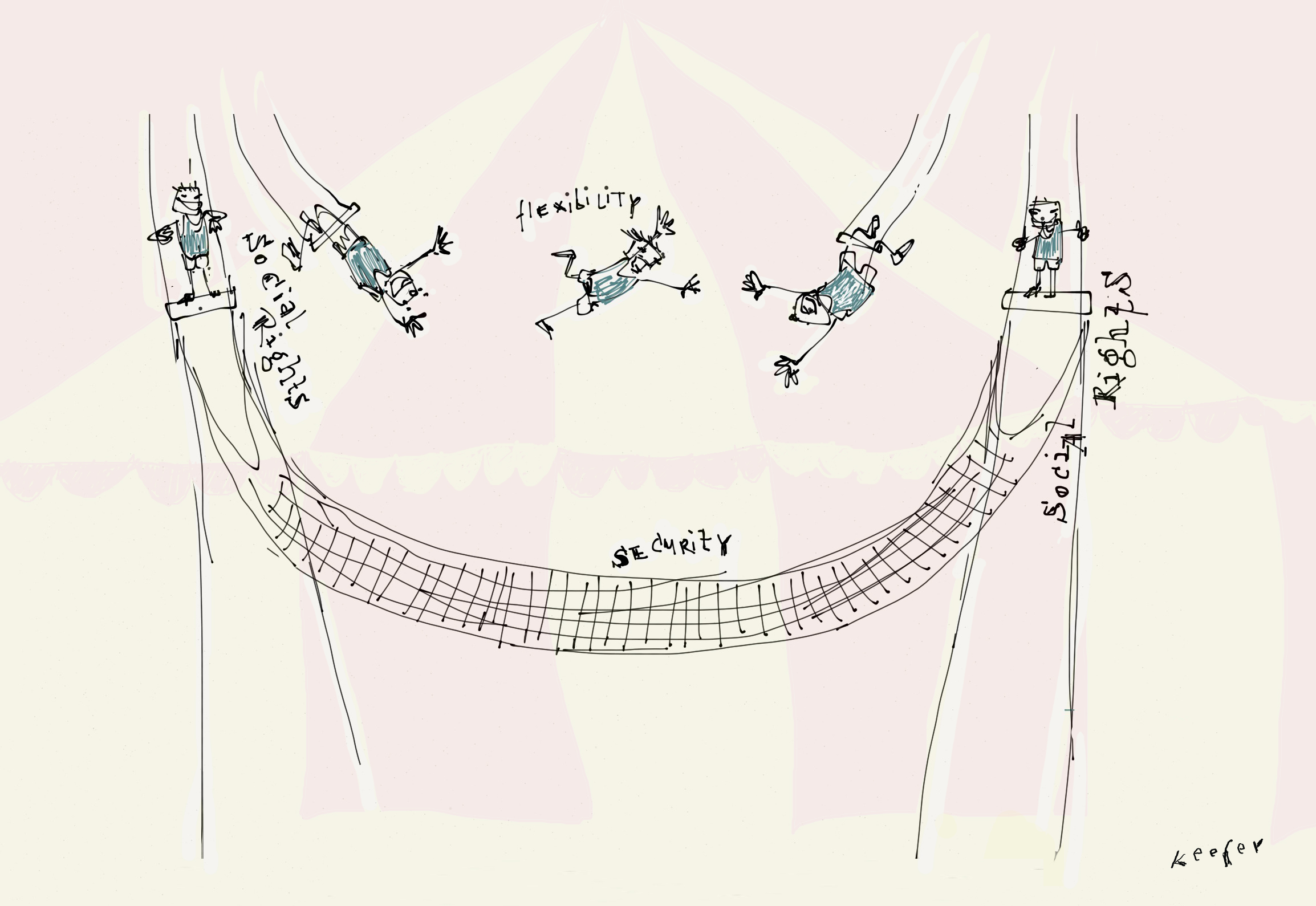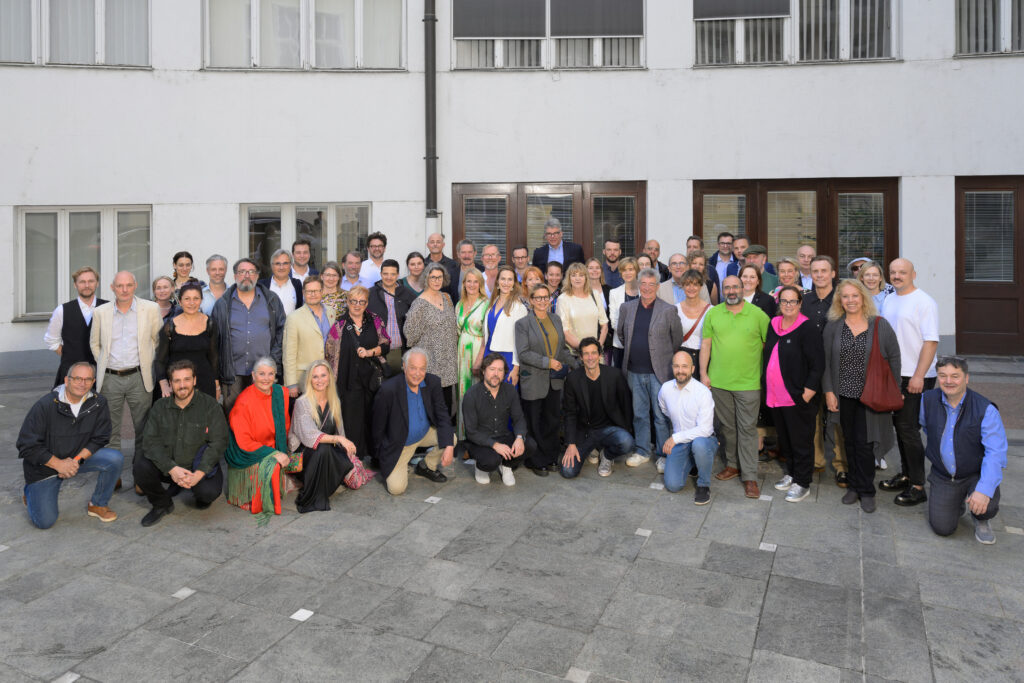Across the EU’s audiovisual and live performance sectors, “atypical workers” are an increasing reality. Production and project-based working, as well as the wide range and diversity of workers involved in a given project, mean that multiple, short-term contracts and a variety of employment statuses are a common aspect of working in the sector. The concept of “atypical workers” includes workers who are not hired in a conventional way with a labour law contract, but under civil or commercial law, as well as those working on short-term contracts, whether an employment or service-provision contract.
More concretely, the objectives of the project include:
· Gathering and sharing expertise on organising strategies of unions to reach out to atypical workers;
· Developing advocacy work regarding improved, more tailored social protection rights, improved working conditions, access to training and life-long learning and health & safety of atypical workers;
· Developing and expanding collective bargaining on behalf of atypical workers: this will certainly include a specific focus on the problems posed by competition rules in some country;
· Tailoring Services provision to atypical workers;
· Exploring the specific youth and gender dimensions of this issue;
· Fighting against bogus self-employment.
The project is structured around 4 workshops, which will allow issues to be examined in detail and allow an exchange of experience and expertise. These are scheduled over the two years of the project as follows:
2015:
· Workshop 1, May 20th Amsterdam: Access to social rights for atypical workers and providing services to atypical workers
· Workshop 2, Dublin, September 8th : Collective bargaining for atypical workers
2016:
· Workshop 3, Ljubljana, January 26th and 27th : Fighting bogus self-employment
· Workshop 4: Rome, April 7th and 8th: Organising strategies of unions to reach out to atypical workers
The findings in all of these areas will be gathered in a final publication in the project handbook by the project consultant and published at the end of the project to serve as a tool and point of reference in this area. The project will conclude with a final conference which will serve to highlight findings and launch any follow-up activities. This is planned for the 8th and 9th of September 2016. For more information, please do not hesitate to contact the secretariat.





